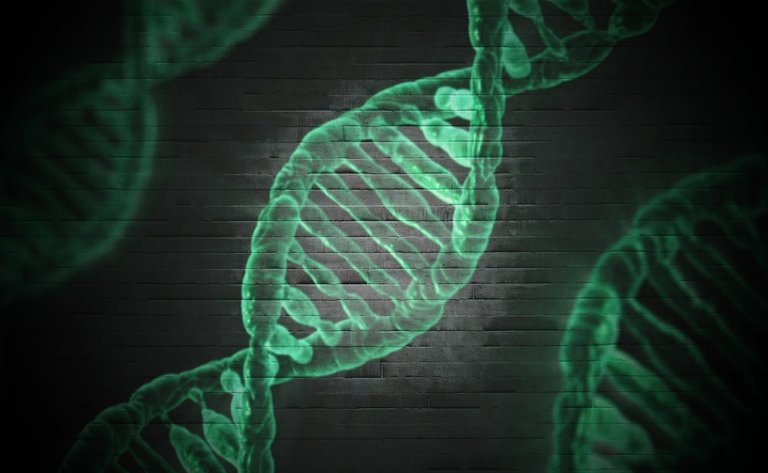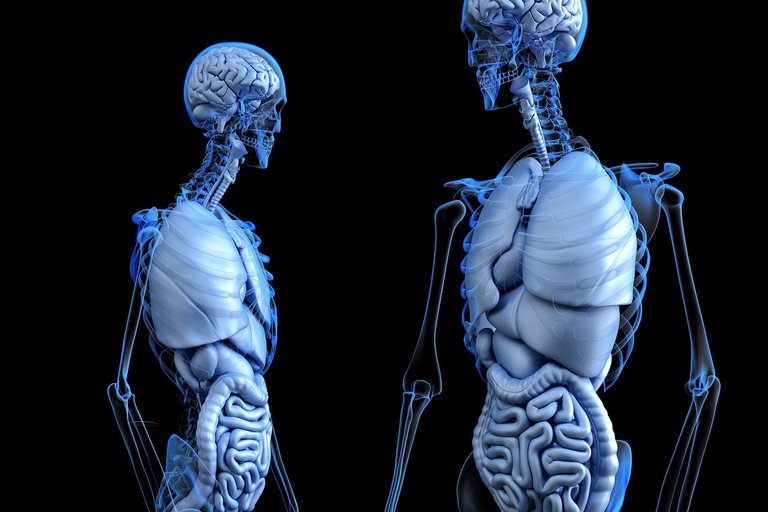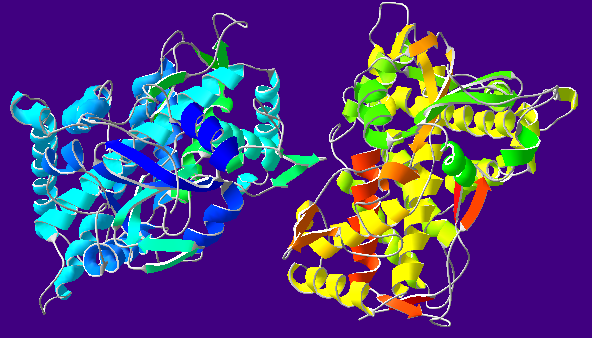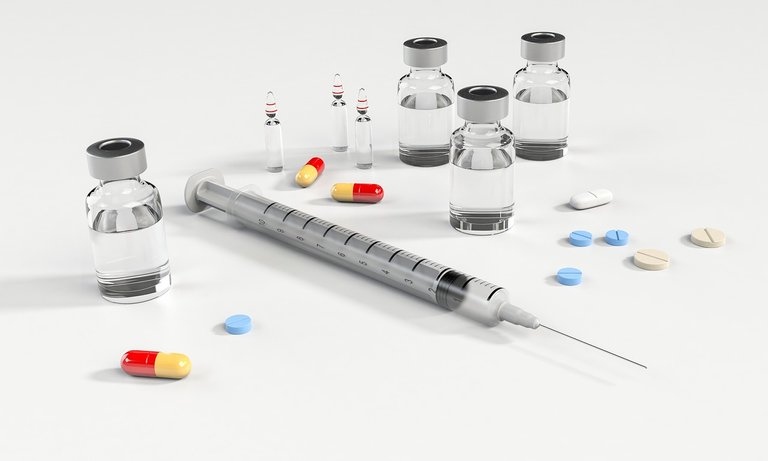
source: pixabay
author:typographyimages
licence:CCO creative commons
Our ecosystem constitutes to a very reasonable extent, living and non-living things which are very different from our biological make up and our lifestyle; coming in contact with these molecules, conditions or organisms exposes the body to either ‘harm’ or ‘help’. In helpful reactions, these molecules, conditions or organisms are beneficial to man and may serve life-saving or life enhancing purposes conditions here includes the weather and climate, molecules includes the air we breathe, the water which is the most important foreign fluid to the body, the organisms ranges from the microbes to the macroscopic animals. However, most of these can not be permanently categorized as harmful or helpful as some harmful members of our ecosystem can prove highly beneficial when considered via a different route, hence some harmful members of the ecosystem can be helpful In a different aspect.
Much of the human evolution and adaptation is in response to the prevailing ecological condition and in response to the activities of other members of this system, thus man posses features which enables him suit into his environment, not necessarily perfectly as most times he has to compromise in many aspects so as to fit into his environment

pixabay—the body system CCO Creative Commons
Internally, a similar conditions also exists as the body tries to maintain a constant internal environment amidst varying external conditions, this activity stretches beyond this scope to include how the internal system handles foreign materials coming from the external environment, this includes food, drugs and even scents from the environment. How the body handles the food we take forms the bulk of the body’s Metabolism, this includes the processes the body goes through to breakdown the food we take and build up some smaller molecules providing nutrients and energy from the food we take.
Drug metabolism is also an important part of the body’s metabolism, drugs and chemicals metabolized via this pathway are collectively known as Xenobiotics. The metabolism of these xenobiotics involves various processes through which the body system detoxifies these chemicals to ameliorate their toxic effects and allow the body to continue in normal functioning even after encountering these chemicals.
Many factors controls the efficiency of the body in handling these foreign molecules, this may include the type of chemical, the quantity or dose administered in terms of drugs. This efficiency varies from one individual to another, this may be due to one’s environment, size, rate of metabolism, health state and Genes.
Genes define a man (human), the gene determines many aspects of human characteristics. The gene is a segment of the DNA which carries genetic material and can be transferred from parents to their offsprings. The gene is the factor of inheritance, it explains the resemblance seen in every given species even though their may be variations due to mutations and exchange of features as the genes continues in reproduction. Offspring inherits these factors from their parents and this determines to a large extent their physical appearance, their physical and physiological abilities and even their behaviors, only information in the germ cells are inherited as somatic changes are not encoded in the genes.
Pharmacogenomics, a branch of pharmacology tries to explain how the gene controls an individual’s reacation to drugs specifically, this includes His ability to handle certain dosage of certain drugs. Pharmacogenomics is commonly interused with pharmacogenetics, however, Pharmacogenomics is a broader term and tends to explain the effect of several genes in drug metabolism while pharmacogenetics which is a narrower term tends to explain the interaction of a single gene with the drugs, these genetic differences entails that individuals of the same age and body size might need different dosage of the same drugs as their genes differs.
The genetic differences in drug metabolism is due to the fact that the genes controls the production of drug metabolizing enzymes. These enzymes are tasked with the breakdown of the drugs into different chemical constituents, hence an individual’s ability to metabolize drugs are dependent on these enzymes and the enzymes' production is in turn dependent on the genes which encodes for them. These enzymes are important biocatalysts such as
Cytochrome P450

Cytochrome P450 Wikimedia commons
Cytochrome P450 is the most versatile biocatalysts known, they are also known as monooxygenases, they show a prominent peak at a wavelength of 450mm when reduced chemically and exposed to carbon monoxide, thus the name Cytochrome peak 450mm. There are about 40-60 distinct Cytochrome P450s in the human tissues belonging to about fourteen (14) Cytochrome families. These are encoded by about fifty-five genes, they are denoted generally by CYP and an Arabic numeral to denote the distinct family of such Cytochrome, an alphabet after this Arabic numeral denotes the sub family the Cytochrome belongs to and another Arabic numeral after the alphabet to denote an individual from this sub family, this is written in italics to represent the genes which encodes for this Cytochrome. Clinically, the most commonly tested Cytochrome genes includes Cyp2C19, Cyp3A5, Cyp3A4 and Cyp2D6.
The Cytochromes are tasked with the metabolism of about 80% of the currently available drugs, variant genes codes for these Cytochromes, over 100 variant genes codes for Cyp2D6(debrisoquine hydroxylase) while over twenty-eight (28) variant genes have been identified to code for Cyp2C19, each Cytochrome production is encoded by various genes for different individuals, hence there is a difference on the individual’s capacity to metabolize drugs, the polygenetic nature of Cytochrome P450 is the major reason for the variable pharmacological agents.
Vitamin k epoxide reductase complex submit 1(VKORC1): Polymorphism in this enzyme complex accounts for difference in individual response to warfarin treatment, this is because this enzyme is responsible for the metabolism of warfarin.
Thiopurine methyltransferase (TPMT): This enzyme catalyzes the S-methylation of thiopurines, thereby regulating the balance between cytotoxic thioguanine nucleotide and inactive metabolites in hematopoietic cells. TPMT is highly involved in 6-MP metabolism and TMPT activity and TPMT genotype is known to affect the risk of toxicity. Excessive levels of 6-MP can cause myelosuppression and myelotoxicity.
These genetic variation classifies patients into four categories based on their ability of drug metabolism. Poor metabolizers has little or no functional metabolic activity, hence they poorly handle some drugs, prescription and consumption of such drugs maybe harmful to them even in the right dosage. Ultra-rapid metabolized can handle drugs with a reasonable capability as the genes which codes for these enzymes in such individuals are of higher efficiency. Extensive metabolizers have normal drug metabolism capabilities, intermediate metabolizers has drug metabolism capabilities between these two extremities. Through Pharmacogenomics, a pharmacologists is able to determine the best dose for a particular patient, thus the contemporary orientation of ‘one dosage for all’ will not hold if the principles of Pharmacogenomics should be properly applied.
Is Genetic variation a scare in drug abuse?

pixabay CCO Creative Commons. Author:quimono
A patient’s genes determines the effectiveness of a treatment on a patient and also the side effects of such treatment on the patient, drugs are substances which react with certain molecules in the body with a purpose of restoring the body to normality, however, this is currently just one of the purpose of drugs. The rate of drug abuse is on the alarming increase and also is the rate of psychological and mental disorders emanating form this abuse. This is due to the incapability of the individual’s genes to encode for competent enzymes to handle these drugs, the over dosage of these drugs also accounts for many cases of mental disorders emanating form drug abuse. These drugs which are meant to enhance the action of the brain, hence when the body is unable to handle these drugs, the Adverse Drug Reactions (ADR) will also be towards the brain, hence the psychotic behaviours seen in victims of drug abuse.
If different people have different abilities to handle drugs, this should scare intending drugs abusers who are drawn to the act through peer influence as your peers' ability to handle these drugs may be higher than yours. In the near, future medical practices may involve the study of one’s genetic make up as this surely increase the efficacy and effectiveness of drugs administered to such patients.
ReferncesPharmacogenomics—Wikipedia
Drug-gene testing
Pharmacogenomics and personalised medicine
Cytochrome P450
If you write STEM (Science, Technology, Engineering, and Mathematics) related posts, consider joining #steemSTEM on steemit chat or discord here. You can also check this blog post by @steemstem here and this guidelines here for help on how to be a member of @steemstemproper use of images devoid of copyright issues here.. Please also check this blog post from @steemstem on

If anyone have a high risk of negative side effects he needs doctor's prescribed medication. thanks for sharing useful info
Sure, doctors are more knowledgeable in prescribing the dosage which suits one's metabolic capabilities as they also have good knowledge of pharmacology.
Thanks for checking in.
Hi, @dzoelx. Interesting article. However:
If you have any problem regarding STEM-related articles, you can join steemSTEM Discord Channel and we will be glad to assist you.
Thank you so much, I will correct the errors and get back to you, I appreciate.
I think it's OK now, sorry for the inconveniences, I never thought I'd make such errors while typing.
Congrats @Dzoelx
Your great article has been selected to feature in this week Air-Curation Round 16.
Expect an upvote from a supporter of this initiative.
Continue using the #Air-Cliniic tag.
Thanks a lot